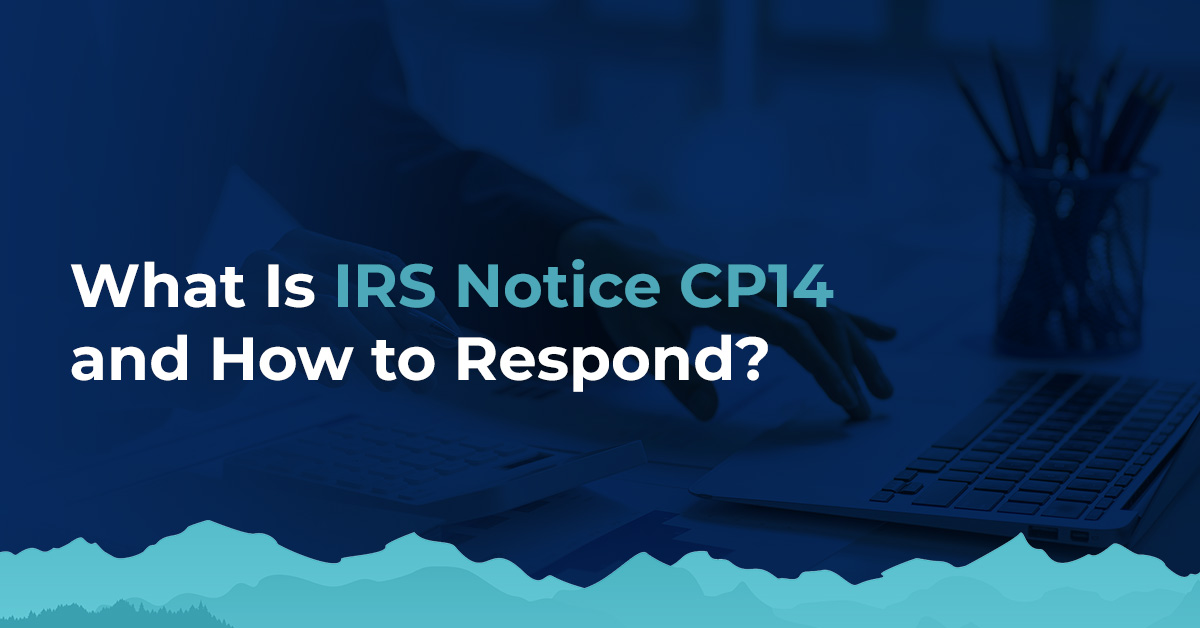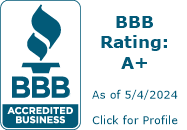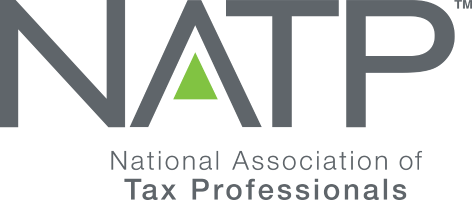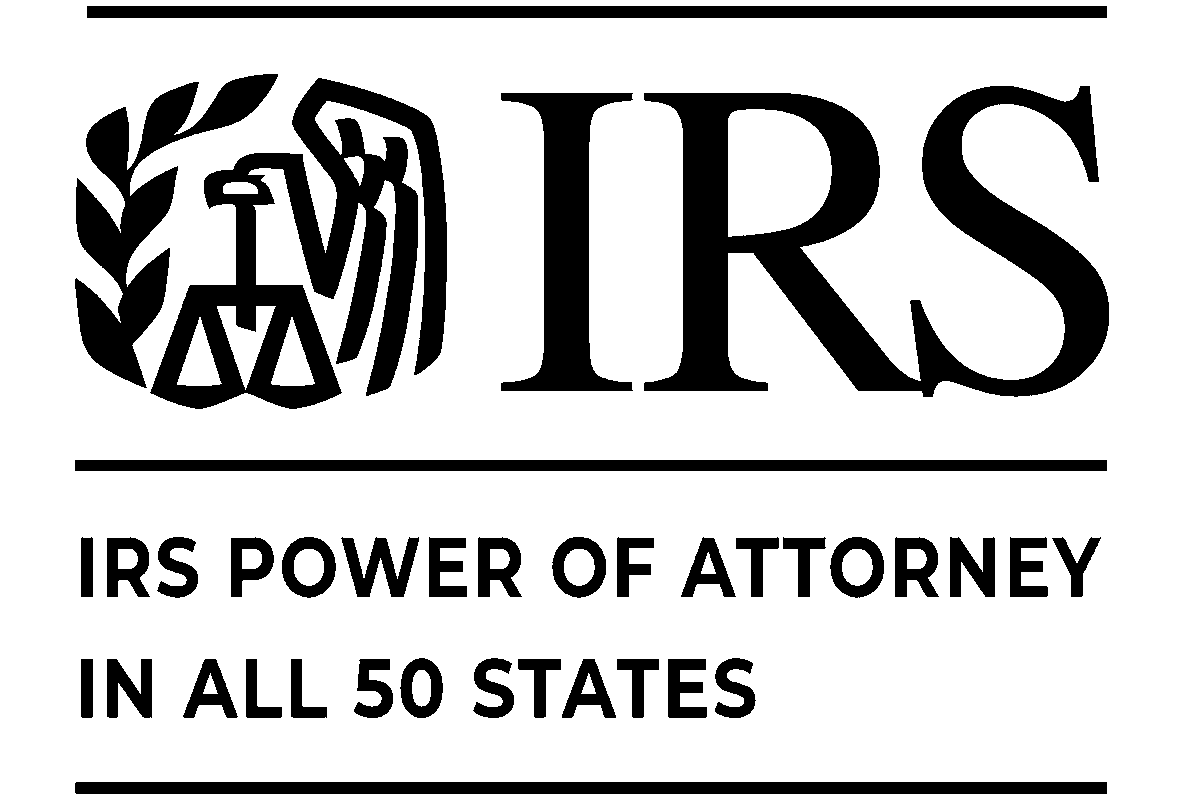
Notice CP14 is among the most common tax notices you can receive from the government. While it is not a last warning letter from the Internal Revenue Service (IRS), the letter offers critical information about your outstanding taxes and what you can do to resolve them. Sometimes, you may receive incorrect information, so reviewing the document and taking action is essential.
If this is your first time receiving an IRS CP14 notice, this guide will explain in detail what this notice is, the different actions you can take after receiving it and what to do if the IRS made a mistake.
What Is a CP14 Notice?
A CP14 notice is a formal letter from the IRS that informs taxpayers when they have outstanding taxes they must pay. This letter will typically include a detailed report of the amount you need to pay, including any penalties and interest and how the IRS calculated them. The letter will also outline when the balance is due.
If you received IRS Notice CP14, you can either pay the required amount or request a payment plan with the IRS. The form cp14 is a legitimate letter from the IRS, however, there are signs to tell if an IRS letter is fake. If you believe the IRS made a mistake, you can challenge the CP14 notice.
You must respond to the notice. If you ignore IRS Notice CP14 or miss the deadline, the IRS will raise your debt by applying monthly penalties and additional interest. When you receive a CP14 notice, read through it and understand the information provided. Compare the letter with a copy of the tax return you filed to evaluate whether their statements are true or if the IRS made a mistake.
How Should You Respond?
When your debt increases and the IRS takes action to collect information about your finances and debt, it may impact your credit and affect your ability to gain financing. For this reason, it is essential to respond to the IRS and find a way to pay your debt. Here are a few options that you might consider when receiving IRS Notice CP14.

1. Pay the Amount You Owe
The best option is to pay the full amount you owe by the due date. Double-check the information provided for correctness to avoid overpaying. Paying the full amount by the requested date will also allow you to avoid owing any interest.
The notice will typically contain detailed information on how to make the payment. Generally, you can pay on the IRS website, by mailing a check or by visiting an IRS office near you. Be sure to include proof, such as a payment confirmation screenshot, to confirm that you made the payment.
2. Establish a Payment Plan With the IRS
If you cannot pay the full amount immediately, contact the IRS to opt for a payment plan instead. This is an excellent option for reducing your monthly penalties and interest rate. It may even allow you to receive a tax lien release if you have one.
There are two main types of payment plans. The first is a short-term payment plan, which is paid in larger portions over no more than 180 days. The second type is a long-term payment plan, which requires monthly installments until the debt is paid.
3. Get Financing to Pay Your IRS Balance Due
Are you looking for a way to pay the full amount but lack the financing to do so? You may benefit from working with a company that can pay the full amount for you. Then, you will pay the company back in installments. This method may be preferable for some because monthly interest rates with these financial institutions may be lower than interest rates charged by the federal government.
4. Leverage an Offer In Compromise Program
If paying what you owe in full or in installments will lead to financial instability for you, you can negotiate with the IRS to reduce your debt. In this case, it may be best to work with a tax professional like those at BC Tax. Enrolled agents may make the process easier for you by learning about your situation and speaking to the IRS for you to negotiate reduced debt.
Most importantly, this tax expert may be able to attain an offer in compromise for you. This payment plan will state what monthly payments you are financially capable of offering for a certain period or request to pay one lump sum that is more manageable.
What if the IRS Has Made a Mistake?
If you received a CP14 notice but already paid, you can challenge it. You can also challenge the notice if you know you have paid some tax amounts on the list. If you wish to make a correction, you can contact the IRS directly or work with a tax debt relief expert at BC Tax. These tax professionals will efficiently address the discrepancy and resolve the issue.
You must provide documentation that proves you have paid the debt listed in your CP14 notice. These can include receipts, check stubs, pay slips, emails or replica copies of any other relevant documentation. The tax professionals at BC Tax will present this evidence and represent you in the appeal process, which is typically faster and more straightforward than taking the IRS to court.
Appealing may also reduce the amount you owe. BC Tax professionals can also help you with penalty abatement to further reduce your balance. A penalty abatement is when the IRS waives or reduces your penalty when you meet certain requirements. Penalty abatement is only possible if you haven’t owed a penalty in three years or it is your first time making a tax mistake.
Get Help From the Experts at BC Tax
The most important thing you can do when receiving IRS Notice CP14 is thoroughly review the information it contains and respond to it whether or not you can pay or if the IRS made a mistake. If you’re unsure where to start or how to proceed, our licensed enrolled agents at BC Tax can assist.
Our professionals will carefully review your CP14 notice, listen to your current financial situation and form an action plan based on your financial capabilities. Whether you need assistance writing an offer in compromise, challenging your notice or establishing a payment plan, get our professional opinion today!

 1-800-548-4639
1-800-548-4639









